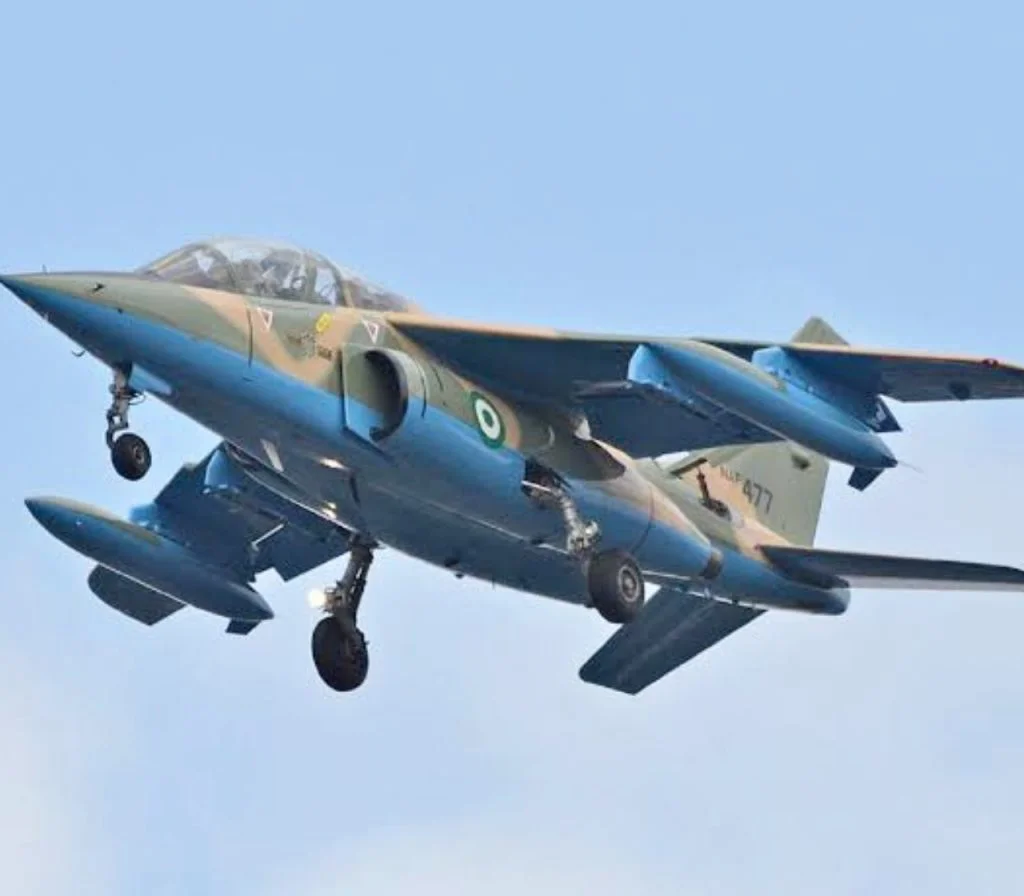Metro
Top ISWAP commanders, Ali Kwaya, Mainoka, killed in military bombing of Lake Chad area

Two top commanders of the Islamic State West Africa Province (ISWAP), Ali Kwaya and Bukar Mainoka, were on Sunday, killed by the Nigerian military in a coordinated bombing operation, according to the Nigerian Air Force in a statement.
According to the spokesman of the Force, Air Commodore Edward Gabkwet, Kwaya and Mainoka who were influential members of the ISWAP Shura Consultation Council, were killed in an operation by Nigerian military fighter jets at Lake Chad Basin in a coordinated air strike by the Air Component of Operation Hadin Kai conducted air interdiction missions at Belowa, an ISWAP/Boko Haram enclave in the Tumbuns, located in Abadam Local Government Area of Borno State, on the western coast of Lake Chad.
READ ALSO:Top ISWAP commander arrested in Kaduna while receiving new recruits
“The strikes at Belowa became necessary after intelligence revealed the convergence of some ISWAP leaders and fighters.
“The terrorists were to gather for a meeting ahead of an attack on friendly forces.
“Following credible intelligence, the Nigerian Air Force (NAF) fighter aircraft dispatched to the location of hit the ISWAP elements with rockets and bombs in multiple passes.
“Two vehicles conveying about 13 injured surviving terrorists to another hideout were struck through precision strikes.
“Feedbak revealed that ISWAP kingpin, Ali Kwaya, a key member of the ISWAP Shura Council, and Mallam Bukar Mainoka were among those neutralized”, the Air Force image maker said.
Join the conversation
Support Ripples Nigeria, hold up solutions journalism
Balanced, fearless journalism driven by data comes at huge financial costs.
As a media platform, we hold leadership accountable and will not trade the right to press freedom and free speech for a piece of cake.
If you like what we do, and are ready to uphold solutions journalism, kindly donate to the Ripples Nigeria cause.
Your support would help to ensure that citizens and institutions continue to have free access to credible and reliable information for societal development.
























